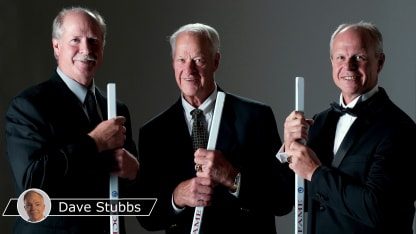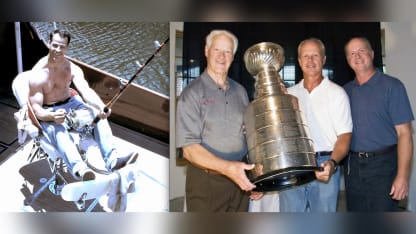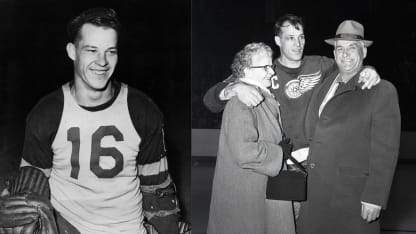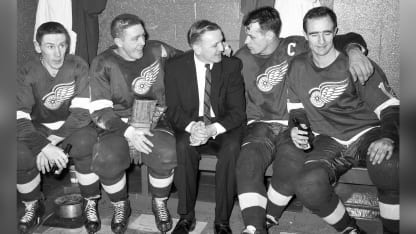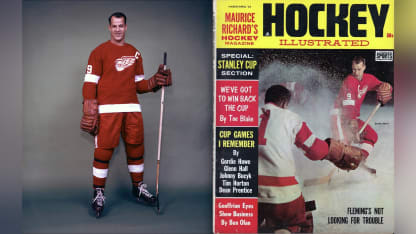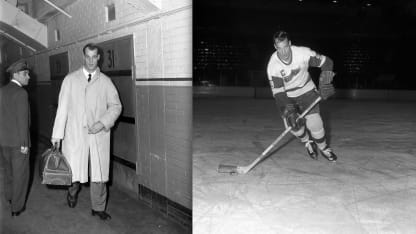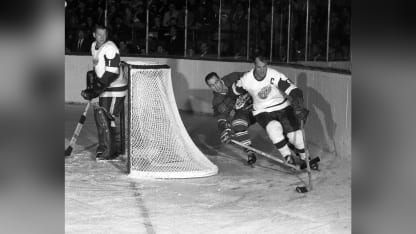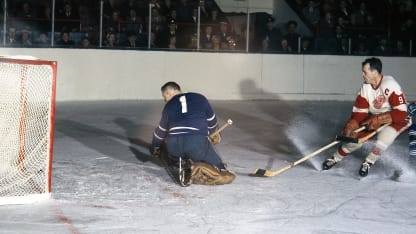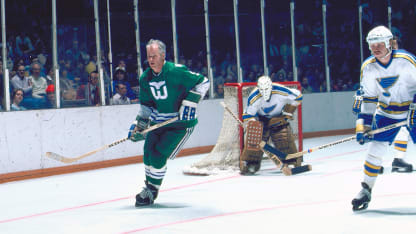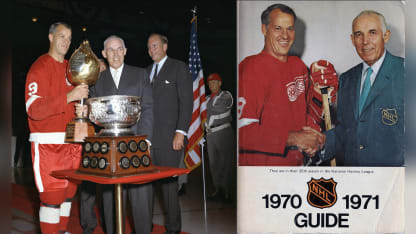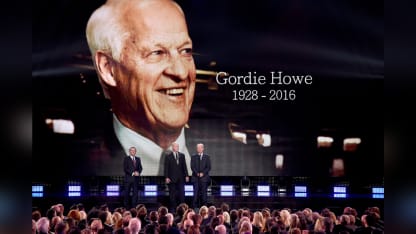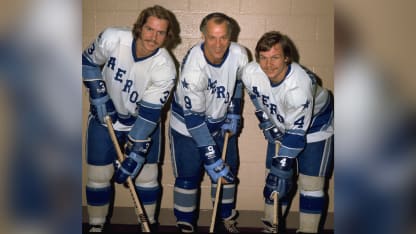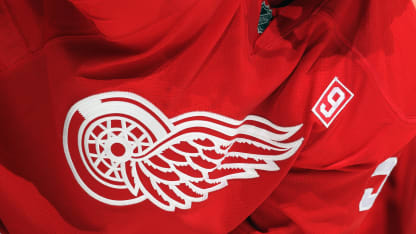To speak with Marty and Mark Howe about their late father, Gordie Howe, is to hear in equal parts the enduring love of a family patriarch and a respect, even awe, for what "Mr. Hockey" achieved during his historic career that spanned six decades.
Gordie Howe's sons commemorate June anniversaries over 58 years
Mark, Marty share enduring love of family patriarch, how legacy remains strong
